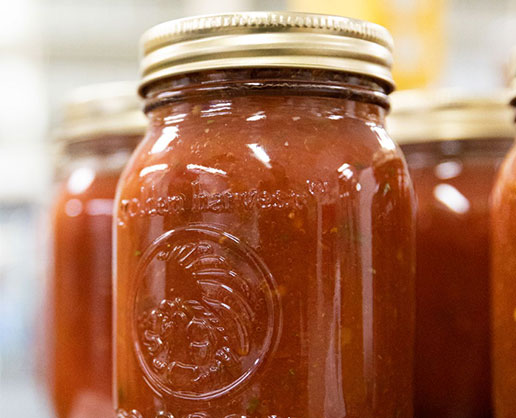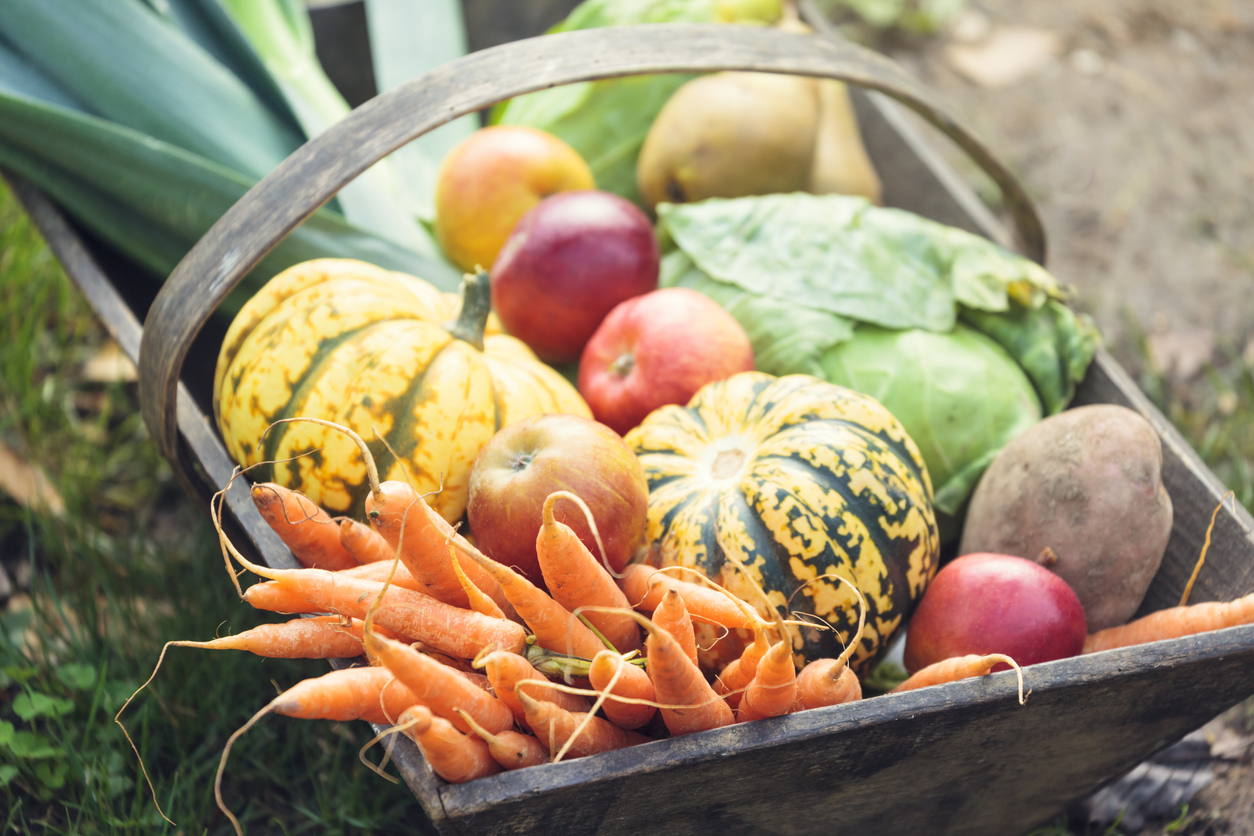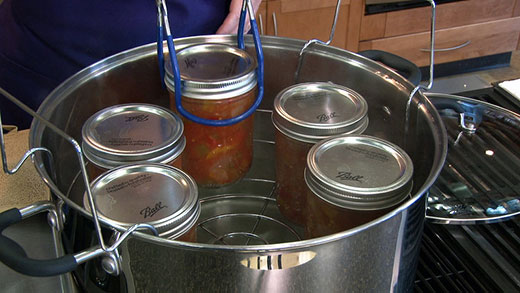Producing safe, canned foods at home is a science.
For those who do it on a larger scale—especially when canning acidified foods for sale to the public—the amount of detail needed to produce safe foods is even greater.
“If a business is producing an acidified food product, it must go through what is called a process authority,” said Kelly Getty, co-director of the Kansas Value Added Foods Lab at Kansas State University, who has credentials as a process authority through the Association of Food and Drug Officials.

Some examples of acidified foods include pickled cucumbers, pickled green beans, pickled carrots or other vegetables and hot sauces—products that can be dangerous when canned if vinegar or some other type of acid isn’t added to lower the food’s pH level.
Individuals listed as a process authority, Getty said, “act on behalf of the Food and Drug Administration in looking at your process, then write a process authority letter … to make sure that you’re following the correct safety parameters.”
The Kansas Value Added Foods Lab is hosting a two-day online class to help food operators and manufacturers learn the correct procedures for producing thermally processed acidified foods.
The course, Better Process Control School for Acidified Foods, is an FDA recognized training. It is set for the mornings of Nov. 2 to 3, and will be offered entirely online. Getty said the FDA requires food operations that produce acidified foods to complete this training.
Registration can be done online at https://foodsci.k-state.edu/extension/extension-events.html and is due by Oct. 20 so that course materials can be sent to participants prior to the start of the Nov. 2 class.
Karen Blakeslee, co-director of the Kansas Value Added Foods Lab, said the course will cover many topics, including the microbiology of food.
“Along with learning about food microbiology, you will learn more about what acidified foods are, and how to make sure you’re producing them safely,” Blakeslee said.
“We also cover the types of containers that are safe to use, and what we call closures, or lids. And we talk about record keeping, which is so important for anybody who’s wanting to sell foods because if you happen to be involved in a recall of some sort—or somebody gets sick—you need to have the records to show when you made that product so that you can inform others.”
Post-training, Blakeslee said the Kansas Value Added Foods Lab offers several services to help businesses maintain the safety of their product, including ongoing pH testing—though some businesses are able to test that themselves.
Other services offered through the lab include tests for water activity, microbial testing and nutrition labels. For a full list of services available to business owners, visit the lab’s website at https://www.ksre.k-state.edu/kvafl.



